Takeda's (Japan) dengue fever vaccine was first used in the world in 2018 and is now widely used in more than 40 countries, especially in countries with frequent complicated epidemics. It is effective up to 80% and prevents the risk of hospitalization up to 90%.
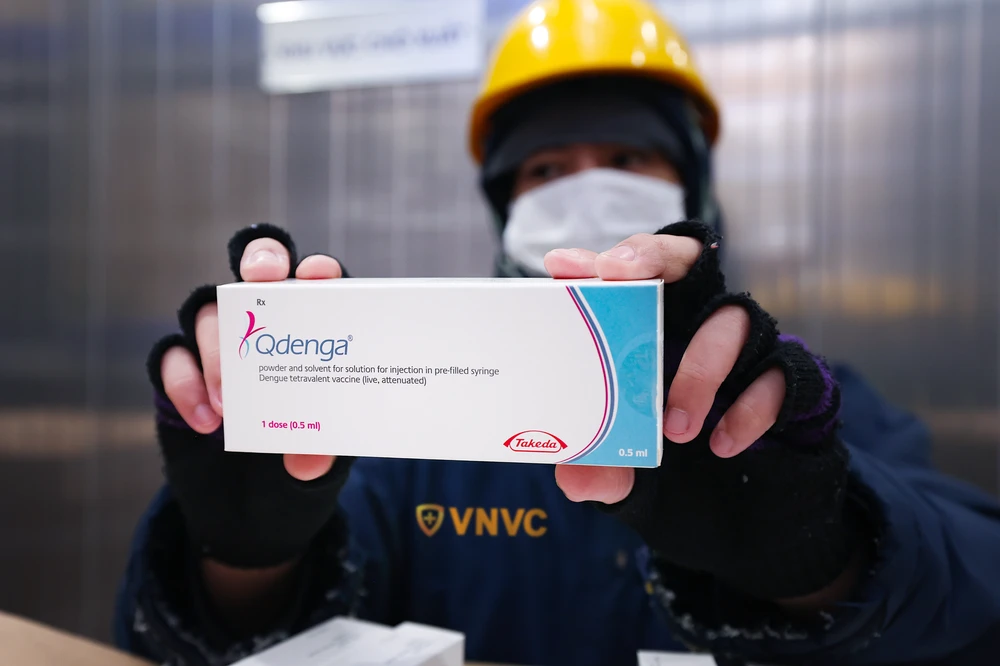
On September 20, the VNVC Vaccination System launched and deployed the Takeda (Japan) dengue fever vaccine for children from 4 years old and adults at nearly 200 vaccination centers nationwide. This is the first time Vietnamese people have had the opportunity to access this vaccine after many years of waiting and witnessing the dengue fever epidemic, seriously affecting the health and lives of people.
Doctor Bach Thi Chinh, Medical Director of VNVC Vaccination System, said that Takeda's dengue vaccine (Japan) was approved by the Ministry of Health in May 2024. VNVC Vaccination System, together with the manufacturer, has made efforts to bring it to Vietnam soon because this is one of the most anticipated vaccines when every year in Vietnam there are different large and small outbreaks, causing hundreds of thousands of cases and dozens of deaths in many localities. In particular, the disease is becoming more and more complicated in epidemiology, no longer cyclical, controlling mosquitoes that transmit the disease is difficult and treating dengue is very complicated and expensive, but the mortality rate remains high if not detected accurately and treated promptly.

This vaccine was first used in the world in 2018 and has now been widely used in more than 40 countries, especially in countries with frequent complicated epidemics. With modern technology, the vaccine is effective in preventing all 4 types of dengue virus (DEN-1, DEN-2, DEN-3, DEN-4), with an effectiveness of up to 80% and preventing the risk of hospitalization by up to 90%. In particular, the vaccine is effective in preventing reinfection in people who have had dengue fever, which is very important for Vietnam because the number of people who have had dengue fever at least once is quite high, with the condition of the next illness often being more severe than the previous one, timely vaccination helps protect the patient's health and life.
Dengue vaccine has a schedule of 2 injections 3 months apart, can be injected at the same time with many other vaccines depending on the type. Women should complete the vaccination schedule preferably 3 months before and at least 1 month before pregnancy.
MSc. Dr. Le Hong Nga, Deputy Director of the Ho Chi Minh City Center for Disease Control (HCDC), said that in recent years, the dengue epidemic has changed, no longer developing in cycles but increasing steadily every year, especially at the end of the year. The cause of this situation is the consequences of urbanization and global warming, which have created favorable conditions for disease-causing mosquitoes to thrive. Vietnam has about 200,000 cases and dozens of deaths every year. Countries with similar epidemiological models to Vietnam, such as Brazil, have introduced vaccines for widespread vaccination of their people.

“Experience over the years has shown that when vaccines are put into use, they help reduce the number of cases significantly. According to epidemiological surveillance results, Vietnam is circulating all 4 types of dengue virus, and a vaccine that can prevent all 4 types of virus is necessary. “The implementation of dengue vaccination in Vietnam helps the preventive health sector and people have more weapons to prevent and effectively deal with dengue epidemics, in addition to measures to control mosquitoes, larvae and prevent mosquito bites, which are still facing many difficulties,” Dr. Le Hong Nga assessed and noted that people still need to maintain other epidemic prevention measures such as preventing mosquitoes by cleaning the living environment, sleeping under mosquito nets, etc.
According to WHO data, the number of dengue cases has increased tenfold over the past two decades, from 500,000 cases in 2000 to more than 5 million cases in 2019. In Vietnam, if previously, in the period 1980-2018, Vietnam often recorded epidemic peaks every 10 years, then in the period 2019-2023 alone, Vietnam experienced two epidemic peaks in 2019 and 2022. In 2022 alone, the whole country had more than 367,000 cases, ranking second globally, after Brazil.
Dengue fever – the burden of disease
According to Dr. Bach Thi Chinh, dengue fever has unpredictable and complicated developments, and can occur in both children and adults, with those at higher risk of becoming seriously ill including children, pregnant women, people with chronic diseases, obesity, etc. If not treated promptly, patients may experience dangerous complications due to dengue fever such as: hypotension, heart failure, kidney failure, hemorrhagic shock, multiple organ failure, cerebral hemorrhage, coma, etc.
For pregnant women, dengue fever can cause fetal distress, premature birth, and stillbirth. The mother may experience uncontrollable bleeding, preeclampsia, liver and kidney damage, and prolonged bleeding during labor, which can be life-threatening. If they survive a severe dengue fever infection with complications, nearly 70% of patients have reduced ability to work, and more than 50% of people live with symptoms such as joint pain, muscle pain, weakness, weak limbs, hair loss, etc. for up to 2 years.
THANH SON
Source: https://www.sggp.org.vn/dua-vaccine-phong-sot-xuat-huyet-ve-viet-nam-post759943.html


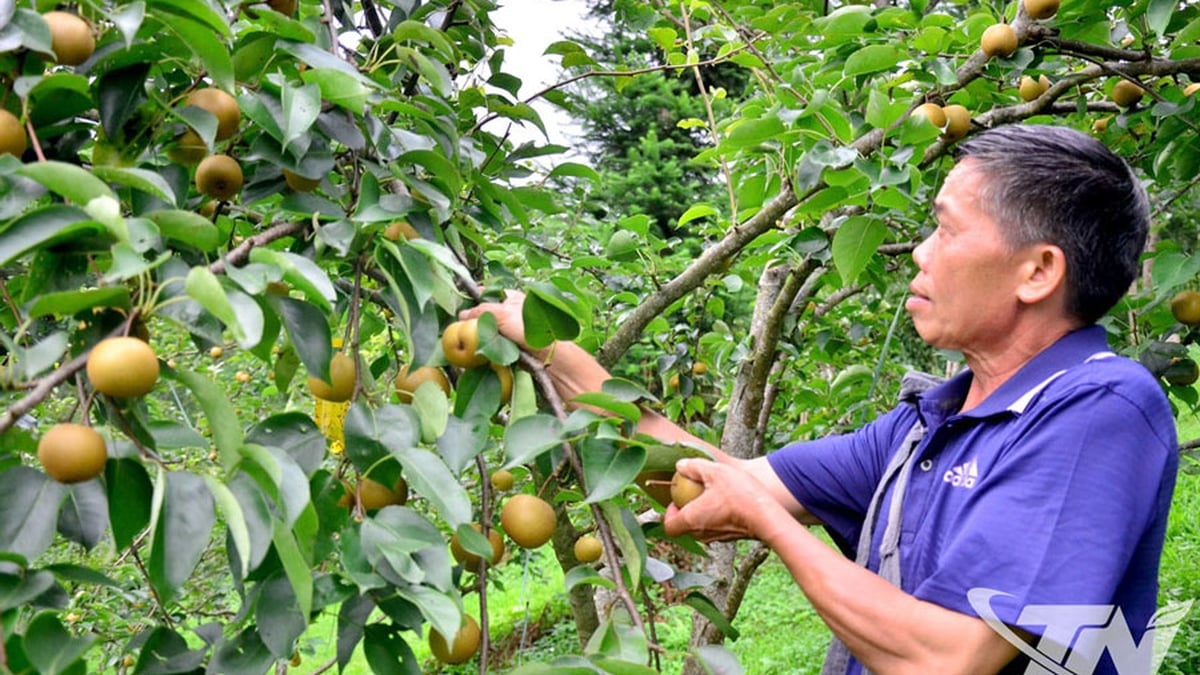


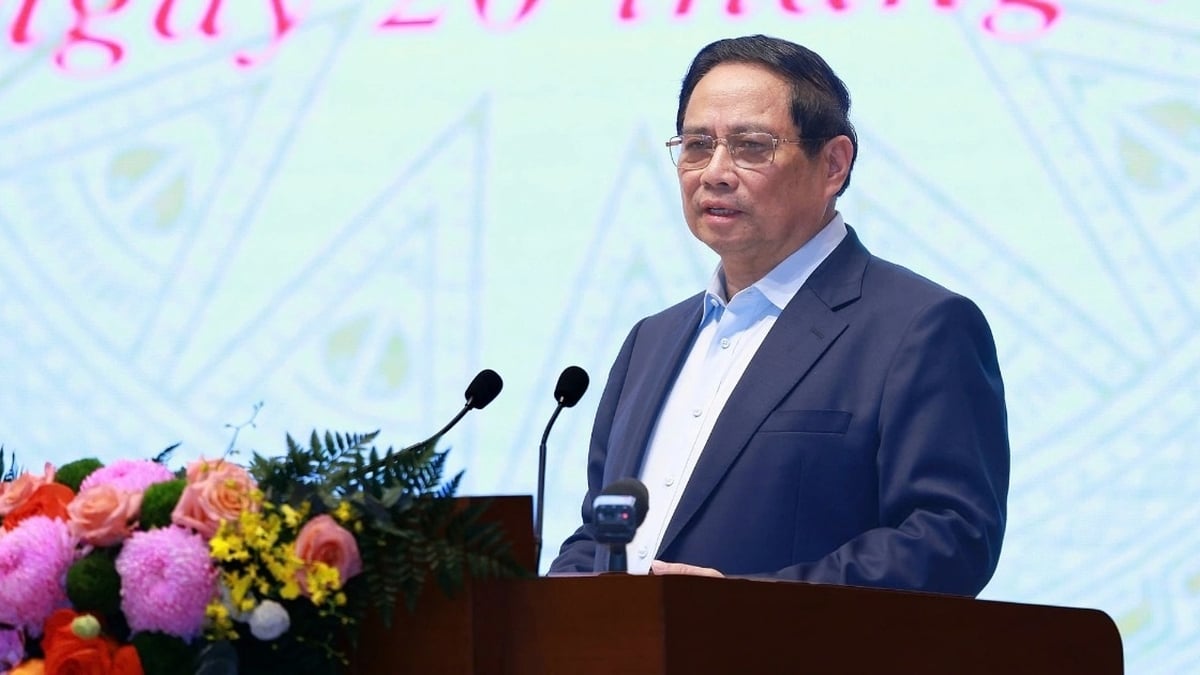

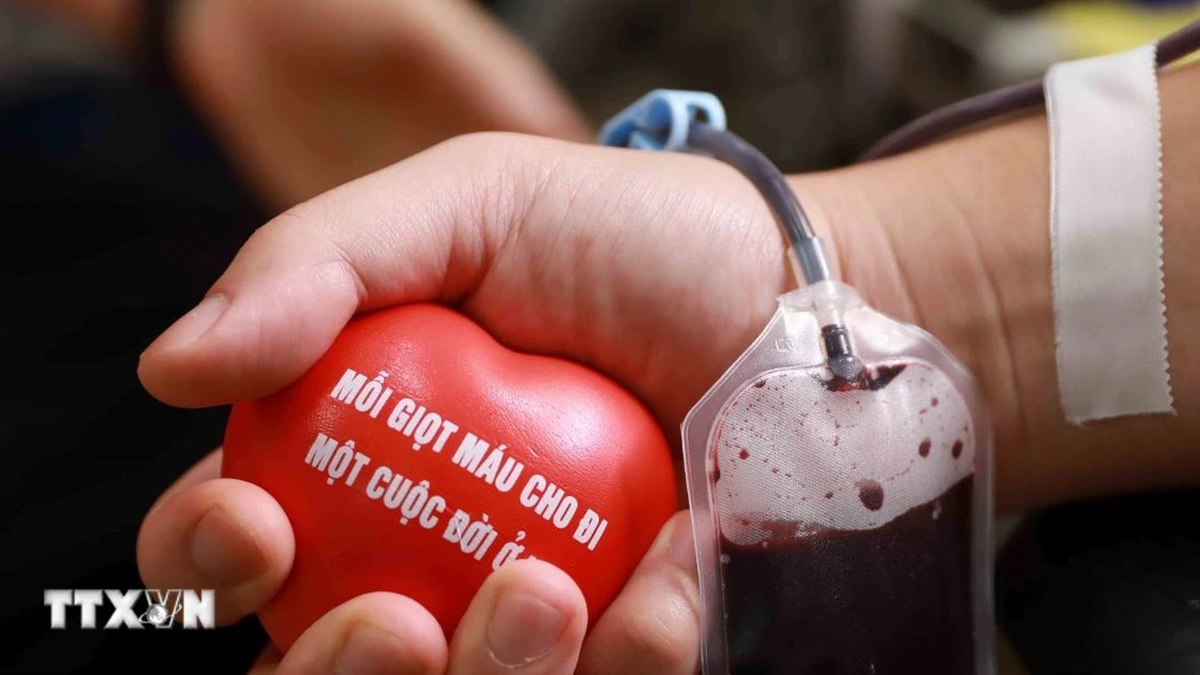

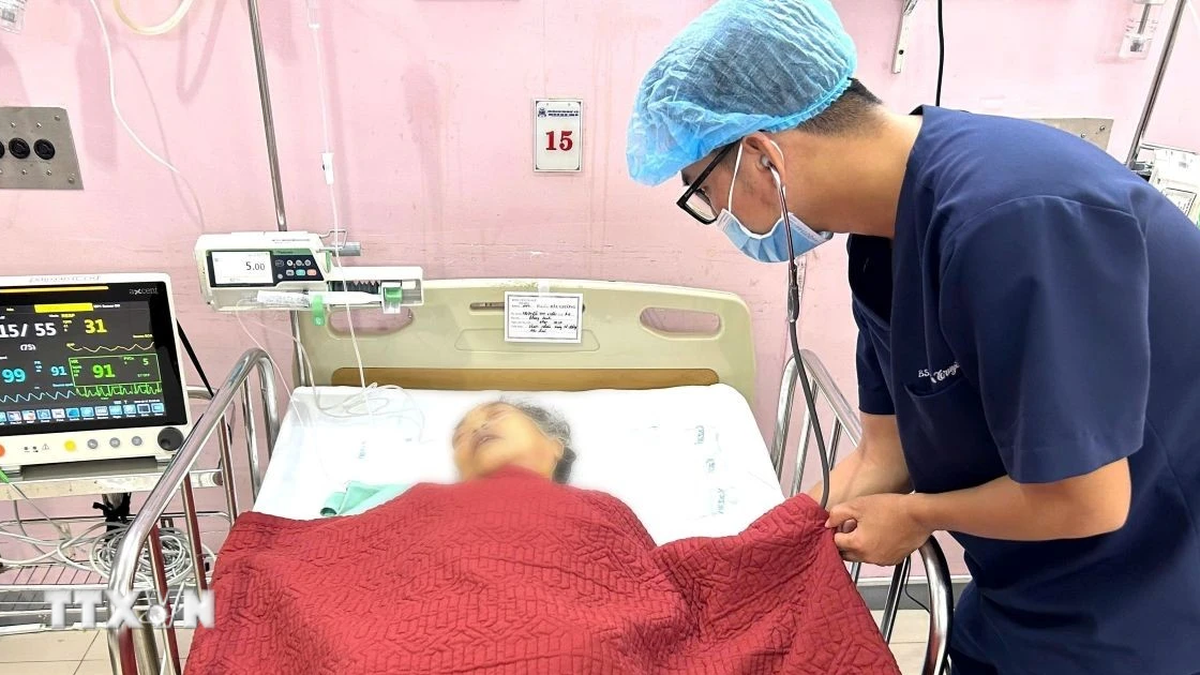
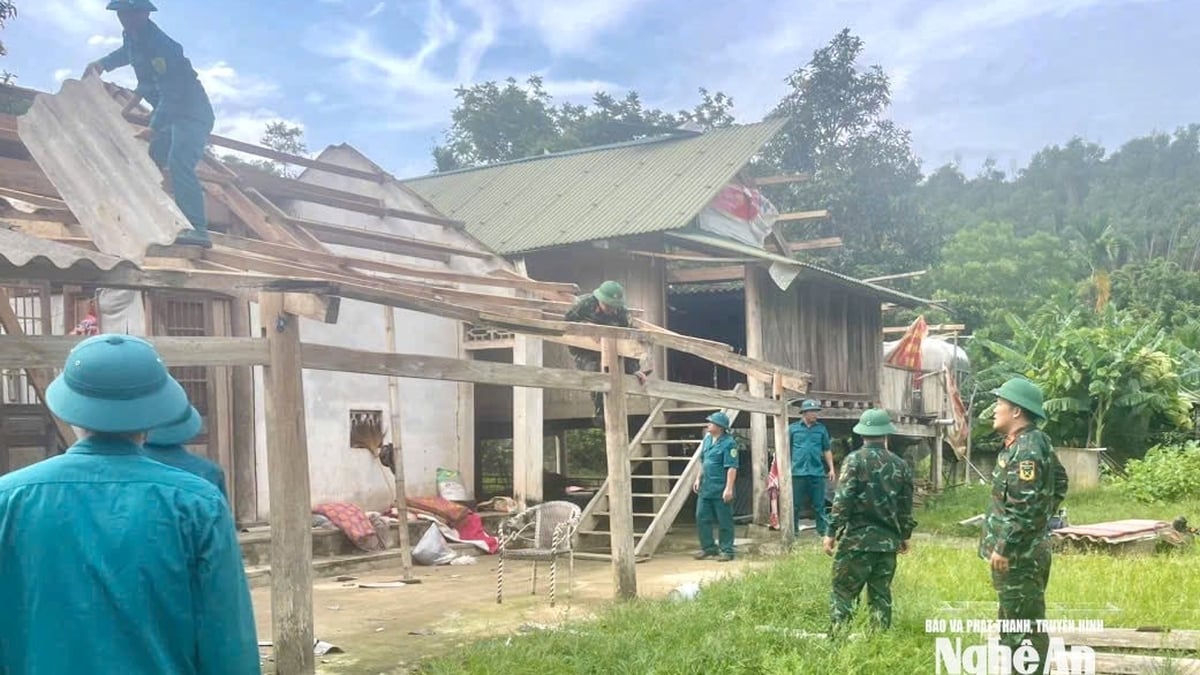
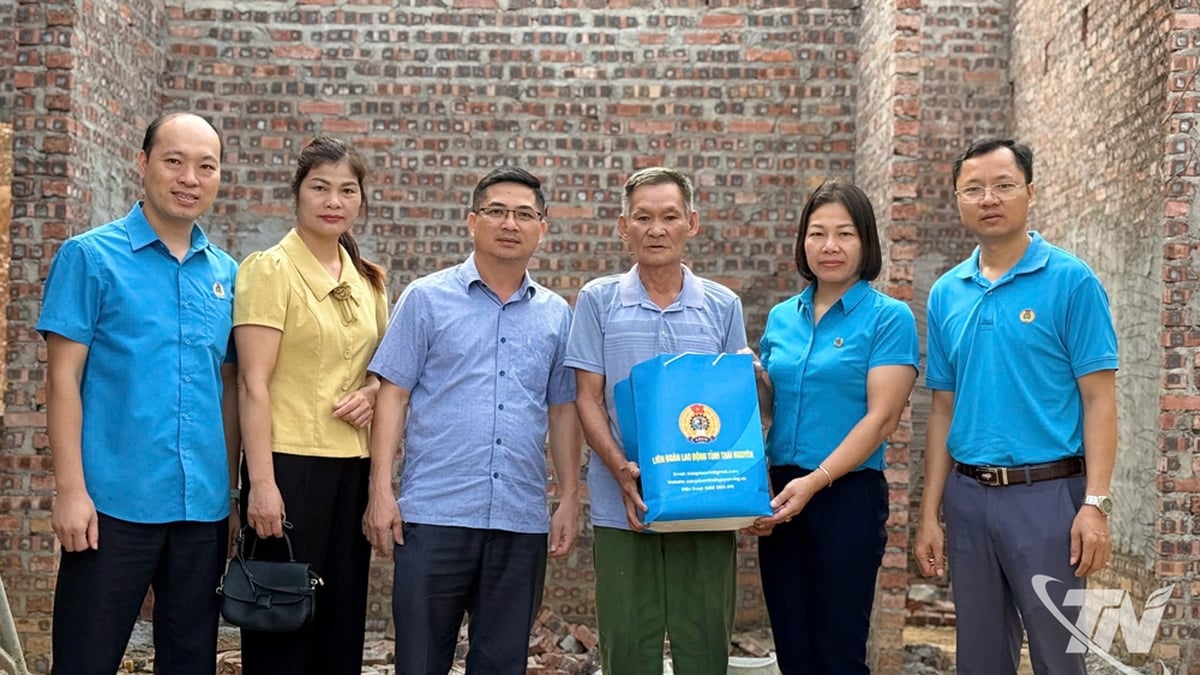













![[Photo] National Assembly Chairman Tran Thanh Man visits Vietnamese Heroic Mother Ta Thi Tran](https://vphoto.vietnam.vn/thumb/1200x675/vietnam/resource/IMAGE/2025/7/20/765c0bd057dd44ad83ab89fe0255b783)









































































Comment (0)